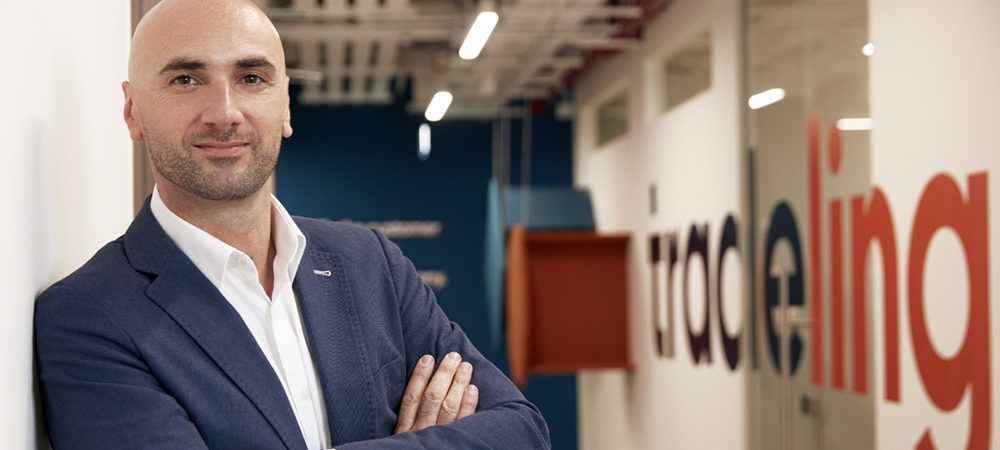Tradeling, the Middle East’s business-to-business, B2B e-marketplace, has observed significant growth in the Middle East and North Africa region’s e-commerce sector. The UAE has been a particular bright spot as major investments, acquisitions and partnerships with global companies have helped the country position its capabilities as the 27th largest in the world.
Recent data shows that the UAE’s e-commerce market is projected to generate $17.2 billion in revenue by 2027 and experience an annual growth rate of 8.4% through the next four years.
E-commerce sales in the UAE were estimated to grow by an average of 23% per year between 2018 and 2022. The pandemic was a driving factor for this growth as it accelerated the country’s digital shift and positioned it as an e-commerce vendor among GCC countries.
UAE’s online shopping resulted in $2.6 billion in sales in 2019. Its market grew by 53% and recorded $3.9 billion in sales the following year before reaching $4.8 billion in sales in 2021 and reflecting an 84.6% increase over the two years prior.
Almost 100% of the population has Internet connectivity and mobile phone access, and this is what is fuelling 70% of e-commerce transactions. As a result, the Dubai Chamber of Commerce and Industry forecasts e-commerce in the UAE to generate $8 billion in sales by 2025.
A recent change announced by Dubai Customs will spur additional e-commerce growth as residents and citizens within the country will pay less when shopping online; goods imported with a value of less than AED 1,000 are exempt from paying tax fees. The threshold has increased from the AED 300 announced in January to effectively make products bought online between AED 300 and AED 1,000 cheaper.
Marius Ciavola, CEO of Tradeling, commented: “While traditional brick-and-mortar stores are still going strong, they are gradually being phased out to become a thing of the past.”


